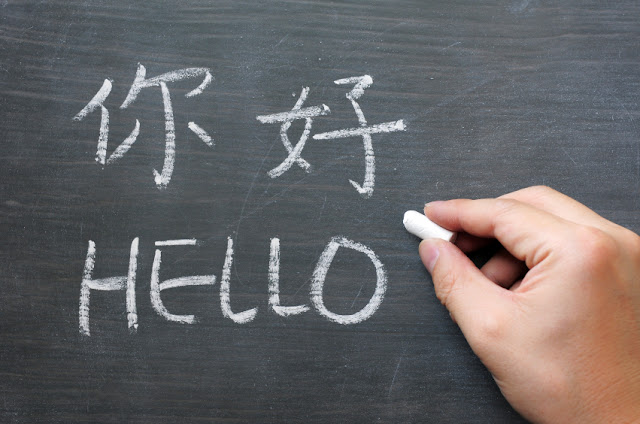English is well known is being a very rich language with a vocabulary that is full of nuances. It can be a hard job translating an exact meaning from English into other languages, or vice versa, even if these languages seem to share a lot in common. But how many of us have been using some of our very own words wrongly over the years without realising? Here are some examples of some words in English that routinely get used in the wrong context – by native English language speakers, so spare a thought for NAATI translators whose job it is to translate from and into English regularly!
Mistake #1 Ironic
The word “ironic” is one of the most abused words and to be honest it’s a hard job using the word off the cuff with the right meaning. It actually means: “something that is not what you might expect”. However, many English speakers use it to mean things like “a coincidence” or even “something funny that happened.” It is rather ironic that so many English speakers get confused about their own language.
Mistake#2 Peruse
When the word “peruse” is used correctly it means that someone is very carefully looking at something, looking at something in detail. Yet time and time again, the word is wrongly used in the very opposite context. To be honest, it is not a very commonly used word at all these days, which is probably unfortunate for translators who work for translation services who probably wonder how they are going to translate a word that they know has been used wrongly. Hopefully, if the translator is a professional and is good at his or her job, they will peruse the document they are going to translate quite thoroughly rather than merely glance at it!
Mistake #3 Compelled
The typical error in the use of this word is to confuse a strong desire to do something and being forced to do it. If you have been compelled to carry out an act, then you have been made to do it. What has made you do it may be some external force (e.g. the slaves were compelled to work all day and night) or an internal force (I felt compelled to get up early every morning). The words “compelled” and “impelled” here are easily confused.
Mistake #4 Nauseous
If you complain that you are feeling “nauseous” while on a boat in choppy seas, then you are wrongly using the word. In fact, it is the sea state that is nauseous, i.e. causing you to feel sick. You are, more correctly, feeling “nauseated.”
Mistake #5 Travesty
If you say that a “travesty of justice” has been carried out, describing a trial that you think has been badly carried out, then you are, surprise, surprise, using the word correctly. It is often used instead of “tragedy,” perhaps because the words sound almost the same, but in fact they are not synonymous.






